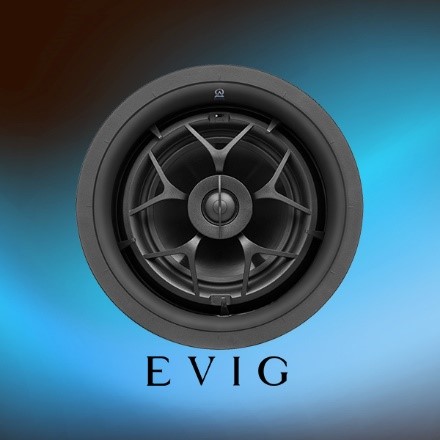Say you’re cruising on open water, the sun warming your face, and the gentle whoosh of waves lapping against your boat. But something’s missing! Your favourite tunes can’t quite reach you over the ocean’s roar. That’s where marine speakers come in, my friends, and let me tell you, they’re different from your average poolside speakers.
Regular speakers are like delicate flowers; a splash of salt water or a burst of sunshine sends them wilting. Marine speakers, however, are like brutal pirates – they can handle the roughest seas and the brightest sun.
But hold on there, matey, choosing the right marine speakers can be trickier than navigating a kelp forest. That’s why I’m here, your friendly neighbourhood sound guru, to guide you through this watery quest for perfect sound!
Why Regular Speakers Won’t Cut It
So, you might be thinking, “Why not just use regular speakers? They work in my car, right?” Wrong! Here’s why your landlubber speakers won’t survive the salty life:
- Sunburn City: The sun’s ultraviolet (UV) rays are like kryptonite to regular speaker cones, cracking and crumbling them. Marine speakers have special UV protection, keeping them shiny and happy.
- Waterlogged Woofers: A rogue wave or a downpour can drown your regular speakers faster than you can say “SOS.” Marine speakers, on the other hand, are built with water-resistant materials that laugh in the face of a little splash.
- Salty Sensors: Salt air is like sandpaper to regular speaker parts. Marine speakers use rustproof components that won’t rust and turn your music into a rusty mess.
Choosing the Best Speakers for Your Boat: Size Matters!
Now that you know why regular speakers are landlocked losers, let’s find the perfect marine speakers for your vessel. The first thing to consider is the size of your boat:
- Dinghy Duos: For small boats, 6.5-inch speakers are your best bet. They pack a punch without taking up too much space, perfect for blasting tunes while you cast your line.
- Pontoon Party Boats: These mid-sized vessels can handle more prominent speakers, like 8-inch or 10-inch options. Imagine creating your own floating dance floor with booming bass!
- Yacht Yarrrs: You deserve luxurious sound if you captain a luxurious yacht! Look for 12-inch or tower speakers mounted high for 360 degrees of fantastic audio.
Let’s Talk Tech: Coaxial vs. Component Speakers
Marine speakers come in two primary flavours: coaxial and component. Here’s a quick breakdown:
- Coaxial Champions: These all-in-one speakers are like the Swiss Army knives of the marine speaker world. They have a tweeter (for high notes) and a woofer (for low notes) built into one unit. They’re easy to install and perfect for most boats.
- Component Crews: If you’re an audiophile (fancy word for someone who loves quality sound), then component speakers are your jam. These separate tweeters and woofers offer more control over the sound and can create a truly immersive listening experience. However, they require more planning and installation effort.
Power Up the Party: How Much Wattage Do You Need?
Wattage is like the muscle power of your speakers. The louder the sound, the higher the wattage required. Here’s a general guide:
- Small Boats (up to 18ft): Look for speakers with 50-100 watts RMS (Root Mean Square, a way to measure continuous power).
- Mid-Sized Boats (18ft to 25ft): Speakers in the 100-150 watts RMS range will give you the perfect volume.
- Large Boats (over 25ft): Crank it up with speakers exceeding 150 watts RMS to conquer engine noise and fill the space with sound.
Bonus Tip: Remember the Bass!
For those who love low-thumping basslines, consider adding a subwoofer to your marine sound system. Subwoofers are specially designed speakers that reproduce those deep, rich bass tones that regular speakers can’t handle.
Best Buy Marine Speakers: Anchoring Your Sound
Now, you know how to navigate the world of marine speakers! When it comes to finding the best buy marine speakers, many great options exist. Remember to consider factors like size, wattage, features (like LED lights!), and your budget.

Aretha Davis, the wordsmith extraordinaire, weaves enchanting tales with her pen and keyboard. A renowned blogger and writer, her captivating prose transports readers to realms unknown. Join her literary journey and be swept away by the magic of her words.
